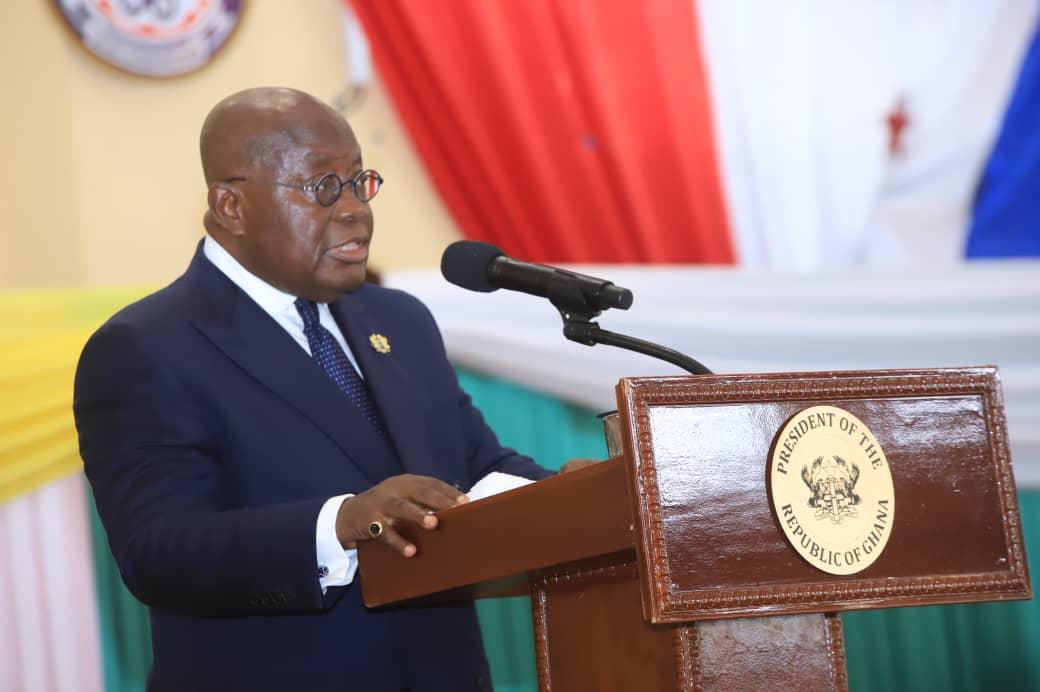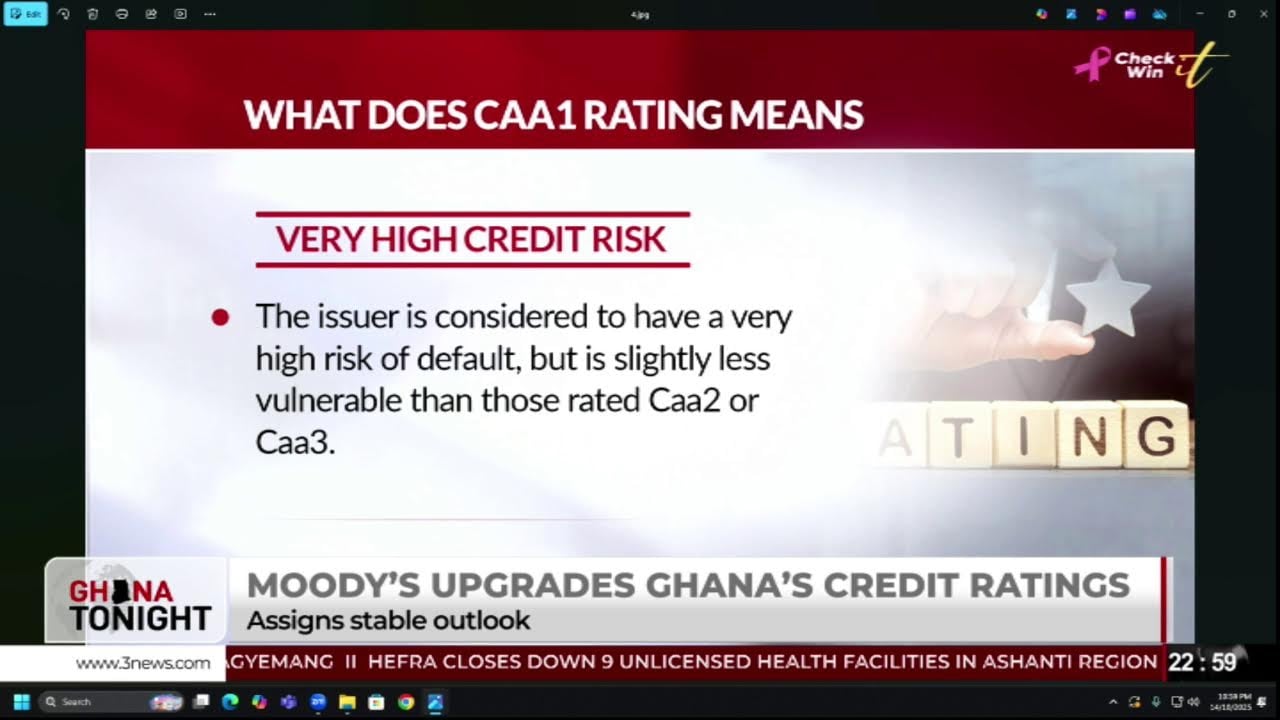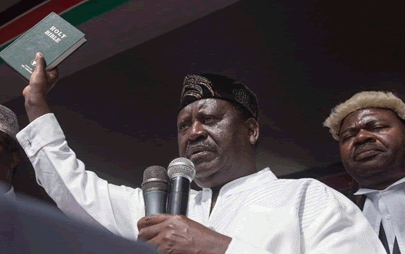
By Joshua Worlasi AMLANU, Washington D.C
Government’s strategy for managing the country’s gold resources is attracting growing regional attention – with finance ministers from five African countries praising the country’s GOLDBOD model during a high-level meeting with the African Development Bank (AfDB) in Washington.
During a discussion on natural resource governance on side-lines of the 2025 IMF–World Bank Annual Meetings, ministers from Liberia, Sierra Leone, The Gambia and Sudan commended Ghana’s model for showing that gold can be managed as a strategic asset to drive macroeconomic stability and long-term growth rather than being treated purely as an export commodity.
They noted that the Ghana Gold Board (GOLDBOD) represents a shift toward domestic value retention and responsible resource governance.
The session, chaired by AfDB President Dr. Sidi Ould Tah, focused on how African economies can extract more value from their natural resources while ensuring transparency and stability. It had Ghana’s finance minister among the discussants.
“Ghana’s example is worth studying and adopting,” one minister said, adding that the country’s experience shows how resource-rich economies can strengthen their fiscal positions through structured oversight and better regulation.
AfDB President Dr. Ould Tah described the Ghanaian model as a “timely innovation” that aligns with his outfit’s efforts to promote responsible resource management and fiscal sustainability in Africa.
GoldBod’s centralisation of the country’s gold trade has driven exports to record levels. From January to August 2025, Ghana exported 66.7 tonnes of gold worth US$6billion – surpassing the full-year small-scale output in 2024 (63 tonnes, US$4.6billion).
Monthly exports peaked at US$897.6million in April, with GoldBod’s legal framework tackling smuggling and channeling artisanal production into formal markets. The board also purchased 20 percent of output from large-scale miners, raising central bank reserves to 37.06 tonnes by September.
The surge has strengthened Ghana’s economy, with gold representing 64% of exports and contributing about 7% to GDP in H1 2025.
Beyond its regulatory role, GOLDBOD is preparing to launch a state-backed digital tracking and traceability system in early 2026 to sanitise the gold trade and enhance transparency. Backed by Section 31X of the Gold Board Act (Act 1140), the system will track gold from source to sale – covering the entire supply chain from licenced mines to district and regional purchasing offices.
The technology will ensure that only gold from legally licenced and compliant miners enters the formal value chain. Over 2,000 licenced small-scale miners will be verified through the system, blocking output from illegal operators and reducing smuggling and fraud.
Officials say the initiative will make Ghanaian gold eligible for certification under the London Bullion Market Association (LBMA) standards, expanding market access and boosting export earnings.
Government is supporting the rollout with funding for enforcement, logistics and capacity-building for responsible mining groups.
AfDB’s Dr. Ould Tah said the Ghanaian model “sets a new benchmark for ethical resource governance”, adding that the bank stands ready to help replicate similar frameworks across the continent.
The post GOLDBOD’s model seen as Africa’s next policy export appeared first on The Business & Financial Times.
Read Full Story



















Facebook
Twitter
Pinterest
Instagram
Google+
YouTube
LinkedIn
RSS